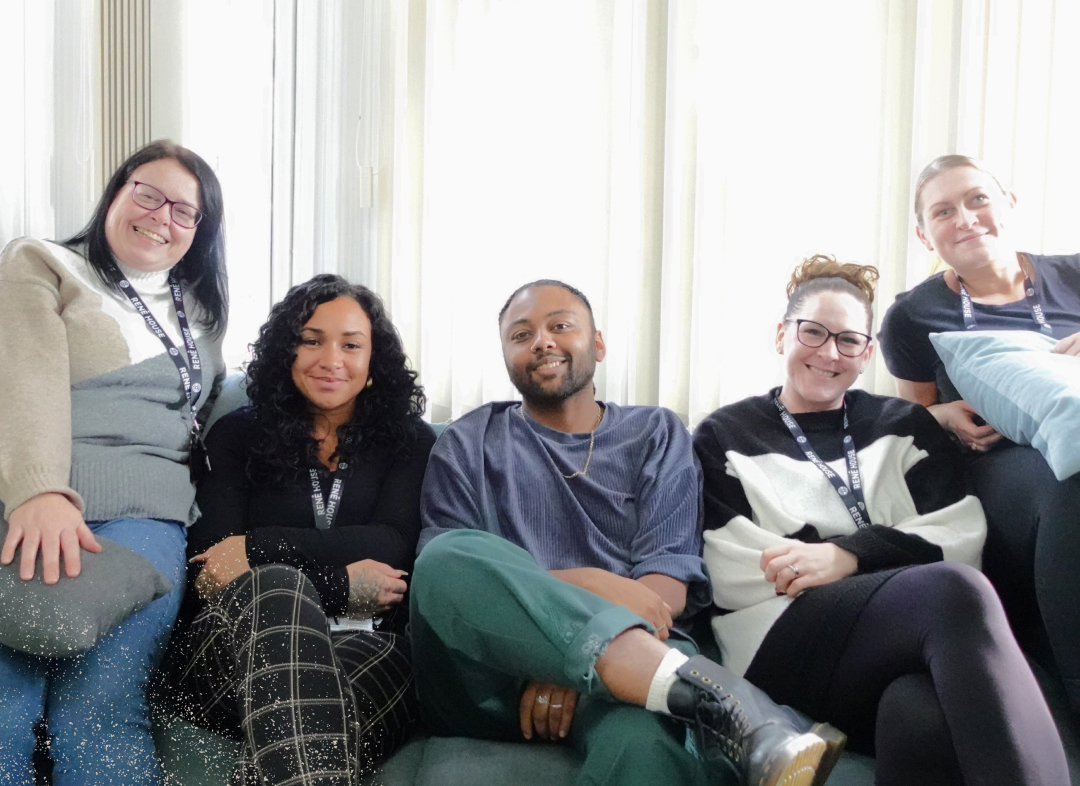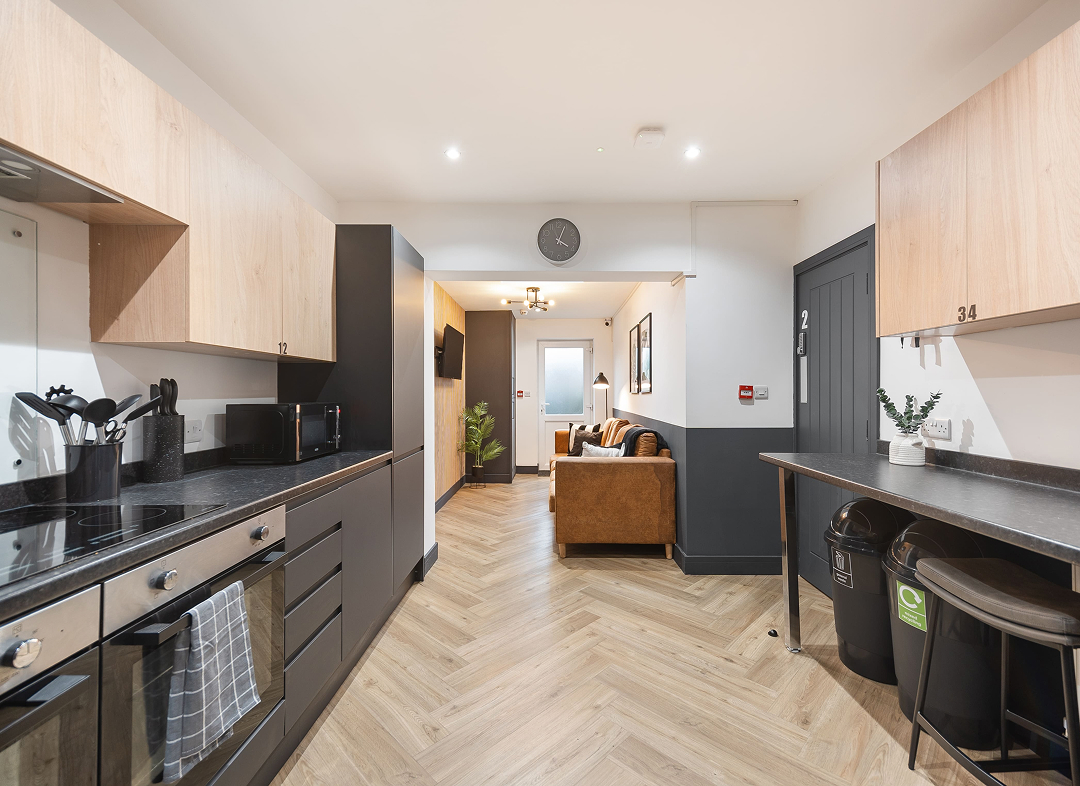Rising Need, Shrinking Support – The Family Housing Crisis
More families than ever need housing support, yet providers like us are having to reduce our family accommodation units. This article explores the growing crisis of family homelessness, why it's happening, and the financial challenges that create this troubling paradox in the supported housing sector.

The Changing Face of Homelessness – The Family Housing Paradox
When most people think about homelessness, they often picture individuals sleeping rough. But the reality of homelessness in 2025 looks very different, and increasingly, it includes the faces of children.
Over the last few years at René House, we've observed a significant shift in who needs our supported accommodation, and the types of refferals we receive.
As our Managing Director Tiffany explains in this video, "we've seen an increase in families requiring support accommodation due to varying reasons as to why they've ended up homeless."
.png)
An Impossible Situation.
The primary driver behind this change? Simple economics that just don't add up for working families.
"I think one of the main reasons is the increase in rents that are being asked of them in the private rented sector. It's just not sustainable for a lot of people," Tiffany shares "Their wages, if they're working, aren't going up to meet that standard."
The math becomes brutally simple for many families:
- Rising rents in the private sector
- Wages that haven't kept pace with inflation
- Increasing costs for essentials like food, energy, and childcare
This creates impossible decisions that no parent should have to make. "Some people are having to choose: do I pay my rent or do I pay for food, bills, clothe my children? For some it's not possible to do everything they need to be doing."
When families fall behind on rent, they often spiral into debt, leading to eviction and ultimately homelessness.
Beyond Financial Pressures.
While economic factors are the primary driver, they're not the only reason families find themselves needing supported accommodation:
"For some families, it's also relationship breakdowns - marriages breaking down or they've been staying with other family members and it hasn't gone to plan. Sometimes they're in overcrowded or unsuitable accommodation."
These situations can quickly become untenable, especially when children are involved, forcing families to seek emergency housing solutions.
%20(1).png)
The Troubling Paradox.
According to Shelter's most recent report, 164,040 children are now homeless in temporary accommodation, up 15% in just one year. This marks the seventh new record in two years.
Yet despite this growing need, we've found ourselves in a difficult position here at René House... we're actually having to reduce our family accommodation units.
This creates a truly troubling paradox: More families need supported housing, yet fewer services can afford to provide it.
From a Provider's Perspective.
The challenges up against supported housing providers like us are significant at the moment:
- As a smaller organisation, we don't have the scale to sustain family units
- The support required can be more intense due to the involvement of children and young people
- The lack of move-on options means that families often get stuck in supported housing much longer than they need or want to be there
While we've worked to adapt our approach to accommodate families, the financial realities of providing quality family accommodation are increasingly difficult to overcome for us.
.png)
The Real Cost.
When quality supported housing isn't available, families often end up in unsuitable temporary accommodation – places not designed for children, with little stability or support.
This housing instability leads to poorer health, development, and educational outcomes for children, creating long-term social costs that far exceed the investment needed for proper housing in the first place.
What Needs to Change?
For real sustainable change, we believe that the sector urgently needs:
- Funding models that recognise the true cost of quality family-supported housing
- Longer-term investment approaches rather than short-term contracts
- Greater cross-sector collaboration between housing, education, health, and social services
- More move-on options so families don't become stuck in supported accommodation
- Scale support for smaller providers who often deliver high-quality, personalised services
How Can You Help?
While these broader changes require policy and government action, there are ways to support families experiencing homelessness right now:
- Donate to organisations like René House, who are providing good quality supported accommodation
- Volunteer your time and skills to support families in transition
- Advocate for better housing policies and funding models
- Raise awareness about the growing crisis of family homelessness
By understanding both the increasing need for family accommodation and the challenges providers face in delivering it, we can work toward meaningful solutions that ensure children have the stable homes they deserve.
If you or someone you know is at risk of homelessness, please reach out for support early. Information about local resources can be found on our website.

Join Our Team – Homelessness Support Worker Opportunities in Nottingham
We're growing our support team, and we're on the lookout for a compassionate Homelessness Support Worker to join us in Nottingham. If you've ever thought about a career that genuinely changes lives, this might be exactly what you're looking for...

Why We Can't Solve Homelessness Alone (And Don't Want To)
We are proud to collaborate with local authorities, charities, and community organisations to address homelessness across Nottingham. Learn more about our community partnership approach to supported accommodation, and why it's so necessary to fight homelessness in our community.


